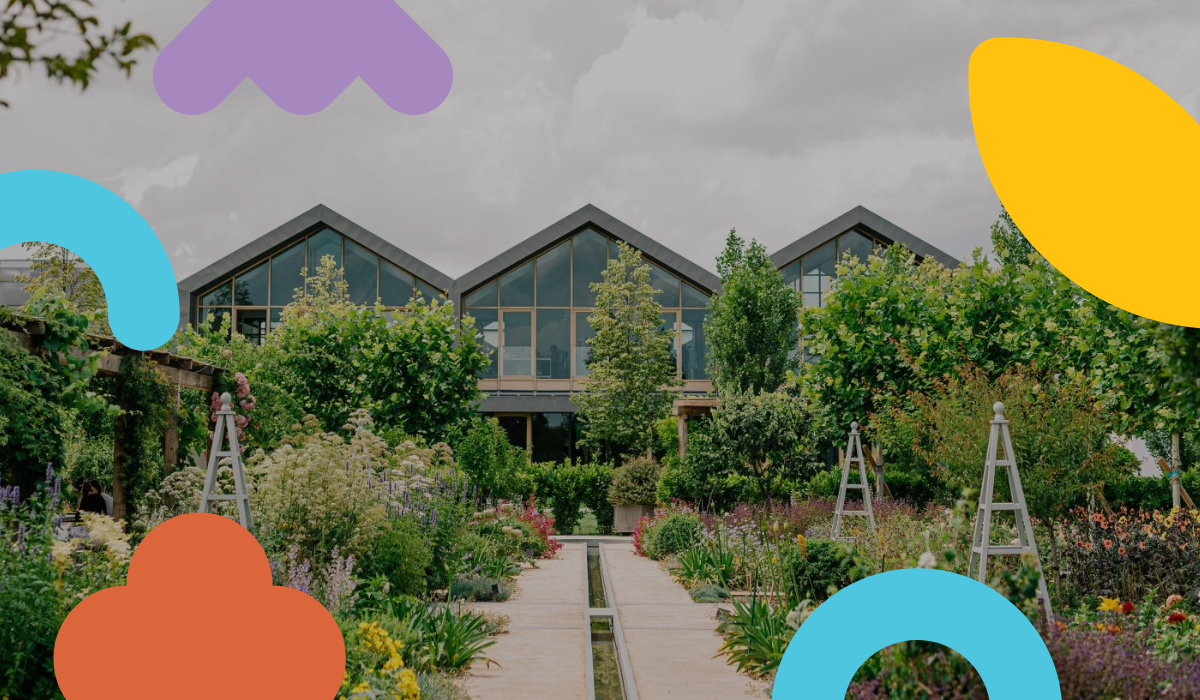Lessons Learned
#1: Declaration of Interdependence in the daily practices
Since the first certification in 2016, Davines Group has embraced the concept expressed in the Interdependence Declaration, integrating it into their daily mission to advocate the belief in interdependence among all organizations for positive, sustainable and long-term change. The advocacy program, launched in 2016, has supported and influenced 19 suppliers (updated as of July 2023), 2 distributors, and 2 international salons to achieve B Corp Certification. In 2022, they initiated the first B Corp-exclusive tender, with plans for more in 2023.
#2: Fostering employee and stakeholder engagement
In 2015, the Group formed what would later become the B Corp Strategic Committee, a management team dedicated to defining actions and strategies to improve environmental and social impact. With measurable sustainability goals, we foster collaboration across the Davines Group Village, subsidiaries, and stakeholders. The company also created an in-house team of Sustainable Development Activators in all functions, responsible for motivating and stimulating each business department’s initiatives for sustainability.
#3: The power of collaboration in the B Corp community
Building robust connections in the B Corp movement profoundly influences our organizational choices. Actively collaborating with certified B Corps cultivates a shared space for insights and solutions, fostering a collective approach to global challenges. In relation to this, in 2020 we spearheaded the B Beauty Coalition, an alliance of B Corp belonging to beauty industry, created to improve environmental and social standards in the beauty industry.




